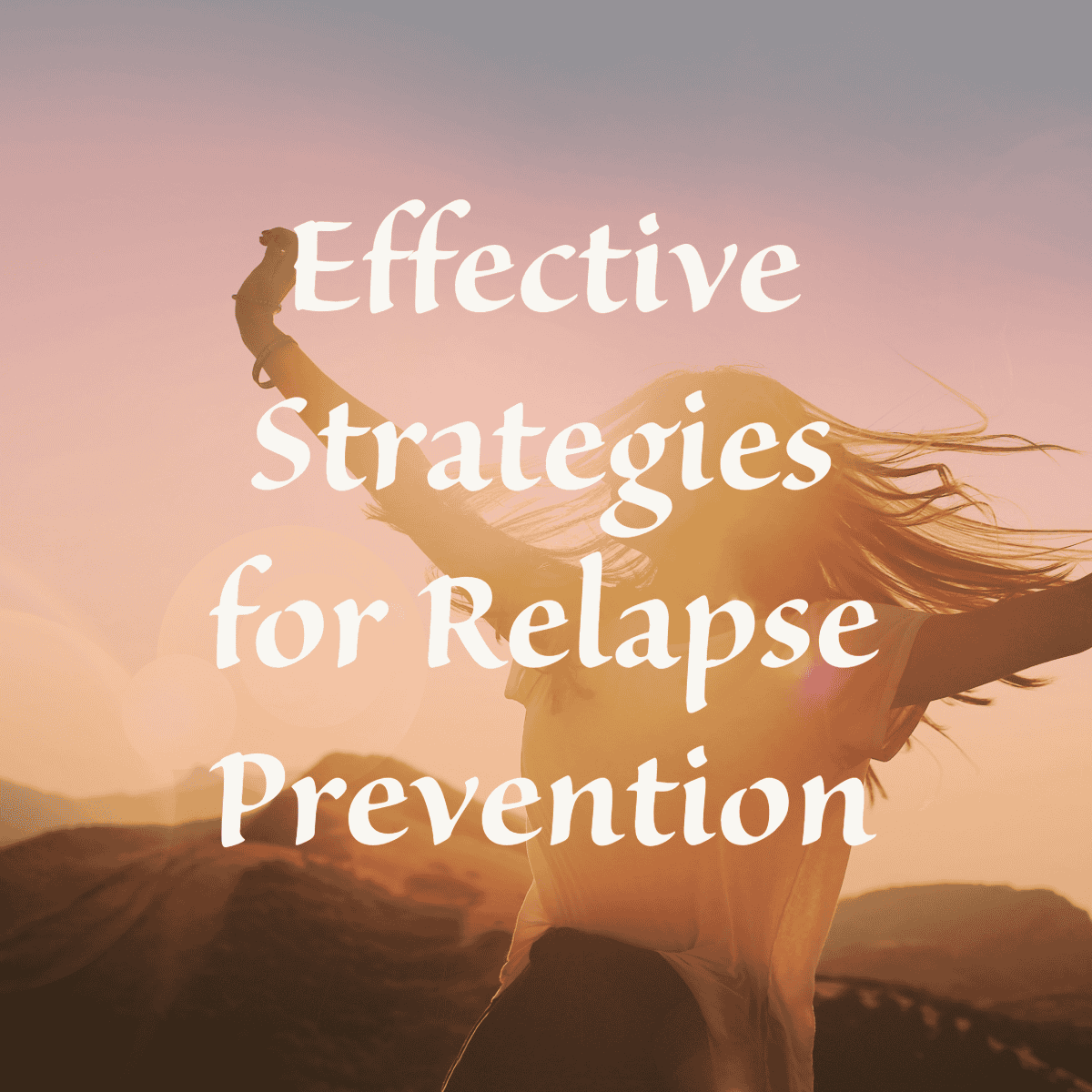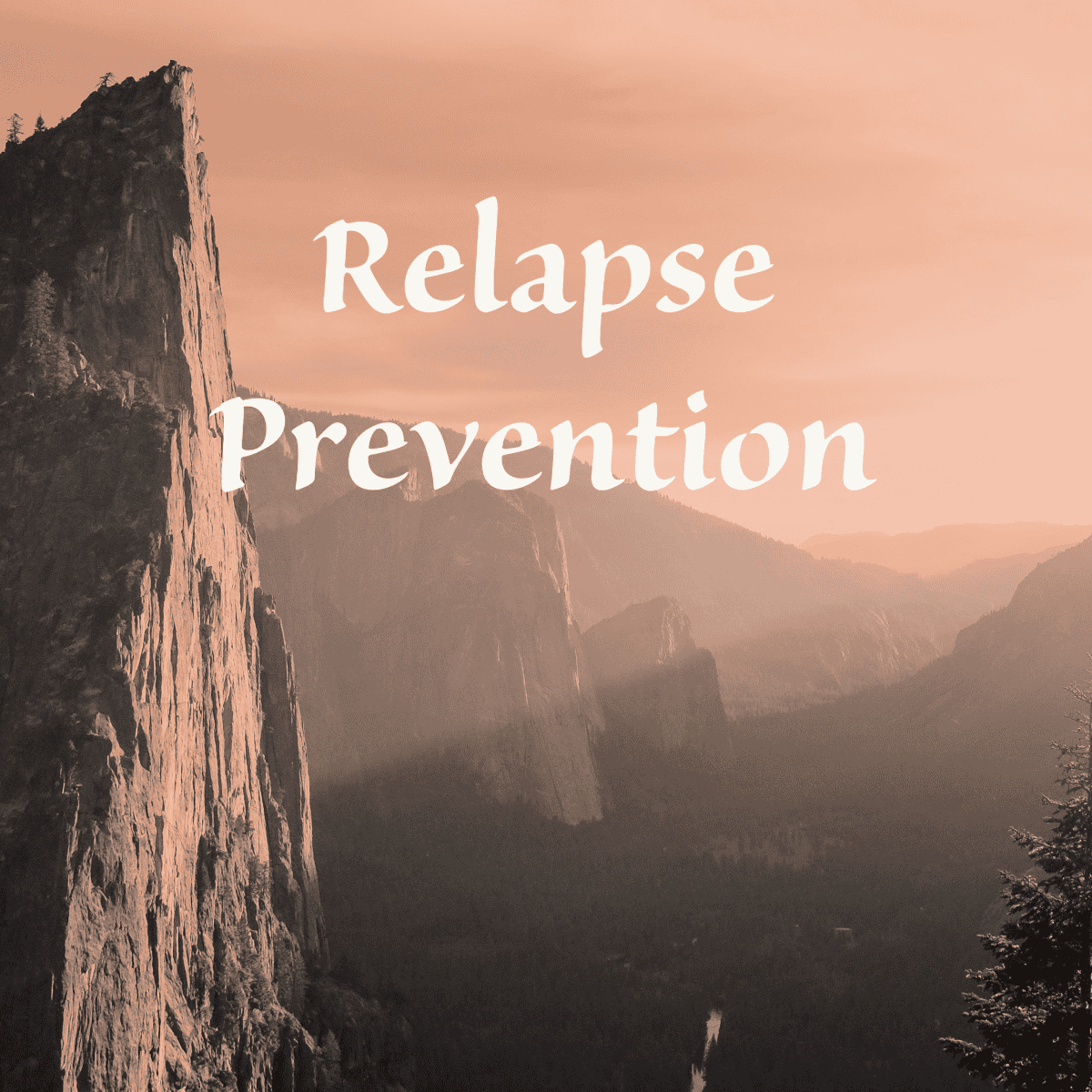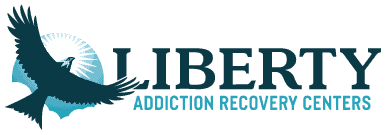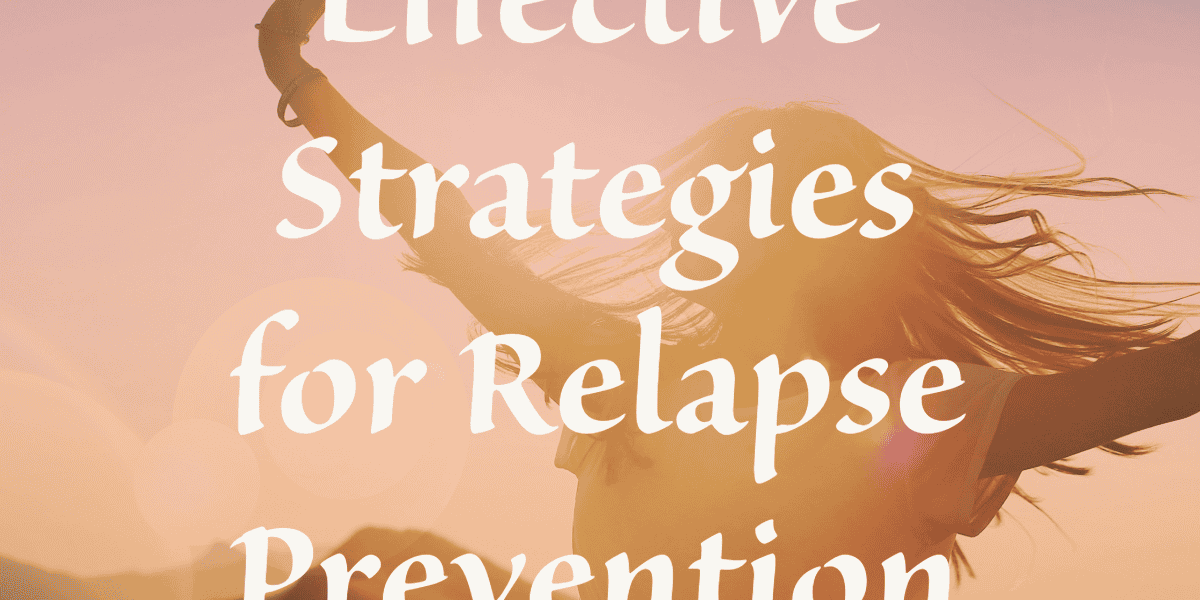Relapse prevention is a cornerstone of successful addiction recovery. It’s not just about quitting a substance; it’s about maintaining long-term sobriety and leading a fulfilling life. At Liberty Addiction Recovery Centers, we understand the challenges of staying sober. We provide comprehensive support and evidence-based treatments to help our clients thrive.
Understanding Relapse
What is Relapse?
Relapse is a return to substance use after a period of abstinence. It’s a common part of the recovery journey but can be prevented with the right strategies. Understanding the stages of relapse—emotional, mental, and physical—can help recognize and address early warning signs.
Stages of Relapse
- Emotional Relapse
- During this stage, individuals may not be actively thinking about using substances but experience negative emotions like anxiety, anger, or isolation. It’s essential to address these feelings early on.
- Mental Relapse
- This stage involves a battle within the mind. Thoughts about using drugs or alcohol begin to surface. The person may romanticize past use or think about situations where it would be acceptable to use again.
- Physical Relapse
- The final stage is the actual act of using substances again. It’s the culmination of unresolved emotional and mental struggles.
Common Triggers and Warning Signs
Identifying triggers is crucial for relapse prevention. Common triggers include:
- Stress: Daily stressors or significant life changes can increase the risk of relapse.
- People, Places, and Things: Situations or individuals associated with past substance use can trigger cravings.
- Negative Emotions: Feelings of depression, anxiety, or loneliness can lead to a desire to use substances as a coping mechanism.
Recognizing these warning signs early can help in taking proactive steps to prevent relapse.
Effective Strategies for Relapse Prevention
Develop a Strong Support Network
Having a robust support system is vital for relapse prevention. Family, friends, and support groups provide emotional and practical support. At Liberty Addiction Recovery Centers, we emphasize the importance of community. Our clients are encouraged to build connections that will support them through their recovery journey.
Engage in Continuous Therapy
Ongoing counseling and therapy are essential for maintaining sobriety. Cognitive Behavioral Therapy (CBT) is particularly effective in helping individuals recognize and change negative thought patterns. Regular therapy sessions provide a safe space to discuss challenges and develop coping strategies.
Relapse Prevention Group Activities
Participating in relapse prevention group activities with a supportive network provides many benefits for those working on recovery. Follow this link for some excellent relapse prevention group activities you can start today.
I am text block. Click edit button to change this text. Lorem ipsum dolor sit amet, consectetur adipiscing elit. Ut elit tellus, luctus nec ullamcorper mattis, pulvinar dapibus leo.
Create a Relapse Prevention Plan
A personalized relapse prevention plan is a proactive approach to maintaining sobriety. Here are the key steps to developing your plan:
- Identify Triggers: Recognize the situations, people, or emotions that may lead to relapse.
- Develop Coping Mechanisms: Create a list of healthy ways to cope with stress and cravings.
- Set Clear Goals: Outline your short-term and long-term recovery goals.
- Seek Support: Identify who you can turn to for help and support. Join a 12-step program or AA meeting.
Having a plan makes you better equipped to handle potential challenges and stay on track.

Coping Mechanisms and Healthy Habits
Mindfulness and Stress Management
Mindfulness practices, such as meditation and yoga, are powerful tools for stress management. These techniques help individuals stay present and reduce anxiety. By focusing on the moment, it becomes easier to manage cravings and avoid relapse. At Liberty Addiction Recovery, we incorporate mindfulness into our programs to support long-term sobriety.

Healthy Lifestyle Choices
Maintaining a healthy lifestyle is another critical aspect of relapse prevention. Proper nutrition and regular exercise can significantly impact physical and mental well-being. Establishing a routine helps create stability and reduces the likelihood of turning to substances. Here are some tips:
- Balanced Diet: Eat nutritious meals to fuel your body and mind.
- Regular Exercise: Enjoy physical activities to boost your mood and energy levels.
- Sleep Hygiene: Ensure you get enough restful sleep to support overall health.
Hobbies and Interests
Engaging in hobbies and interests can provide a sense of purpose and fulfillment. Whether it’s picking up a new hobby or revisiting an old one, these activities offer a healthy distraction and help build self-esteem. They also provide opportunities to connect with others with similar interests, further strengthening your support network.
The Role of Rehab Centers
Importance of Professional Help
Professional help is indispensable in relapse prevention. Rehab centers provide the structure, support, and resources necessary for effective recovery. At Liberty Addiction Recovery Centers, we offer a comprehensive approach that addresses the root causes of addiction and equips clients with the tools needed for lasting sobriety.

Programs and Services
Our programs and services are designed to support clients at every stage of their recovery journey. Here are some key offerings:
- Residential Treatment: This intensive program provides a structured environment where clients can focus entirely on their recovery. With round-the-clock care and support, residential treatment addresses both the physical and psychological aspects of addiction.
- Intensive Outpatient Program (IOP): Our IOP offers a flexible option for those who need to balance recovery with daily responsibilities like work or school. This program provides comprehensive therapy and support while allowing clients to live at home.
- Family Therapy: Addiction affects not just the individual but also their loved ones. Our family therapy sessions aim to heal and strengthen family relationships, providing a supportive network for long-term recovery.
For more information on our programs, visit our residential treatment in Utah page.
Relapse prevention is a critical component of the recovery process. By understanding the stages of relapse, identifying triggers, and implementing effective strategies, individuals can maintain long-term sobriety. At Liberty Addiction Recovery Centers, we are dedicated to providing the support and resources needed to thrive. Whether it’s through developing a strong support network, engaging in continuous therapy, or adopting healthy lifestyle choices, we are here to guide you every step of the way.
Call Us To Start Your Recovery Journey
Take the first step towards a brighter, addiction-free future. Visit our rehab centers in Utah page for more information, or explore addiction recovery in Utah to choose the right treatment for you. For personalized assistance, call Liberty Addiction Recovery at (801) 997-9183. Together, we can build a life that thrives.
Related articles:
Overcome common myths about addiction
The role of family in addiction recovery
FAQs on Relapse Prevention
1. What is relapse, and how can I recognize its stages?
Relapse is a return to substance use after a period of abstinence. It occurs in three stages: emotional, mental, and physical. Emotional relapse involves negative feelings like anxiety and isolation. Mental relapse includes thoughts of using substances again, while physical relapse is the actual act of using. Recognizing these early stages can help in taking proactive steps to prevent relapse.
2. How can I create a relapse prevention plan?
Creating a relapse prevention plan involves several steps:
- Identify your triggers, such as stress or certain social situations.
- Develop coping mechanisms, like mindfulness practices and stress management techniques.
- Set clear recovery goals, both short-term and long-term.
- Seek support from family, friends, and professional therapists. A plan in place equips you to handle challenges and stay on track.
3. What role does Liberty Addiction Recovery play in preventing relapse?
Liberty Addiction Recovery Centers offer a comprehensive approach to relapse prevention. Our programs include residential treatment, intensive outpatient programs (IOP), and family therapy. These services provide continuous support, helping clients maintain long-term sobriety. Our evidence-based treatments and personalized care plans address both the physical and psychological aspects of addiction.
4. What are some effective coping mechanisms for preventing relapse?
Effective coping mechanisms include:
- Mindfulness and Stress Management: Meditation and yoga help reduce anxiety and keep you present.
- Healthy Lifestyle Choices: Proper nutrition, regular exercise, and routine maintenance contribute to overall well-being.
- Engaging in Hobbies: Pursuing new or old hobbies provides a healthy distraction and helps build self-esteem.
5. How can family therapy help in relapse prevention?
Family therapy is crucial because addiction affects the entire family. These sessions aim to heal and strengthen family relationships, creating a supportive network for the individual in recovery. A robust family support system can significantly reduce the risk of relapse and contribute to long-term sobriety.








1 Comment